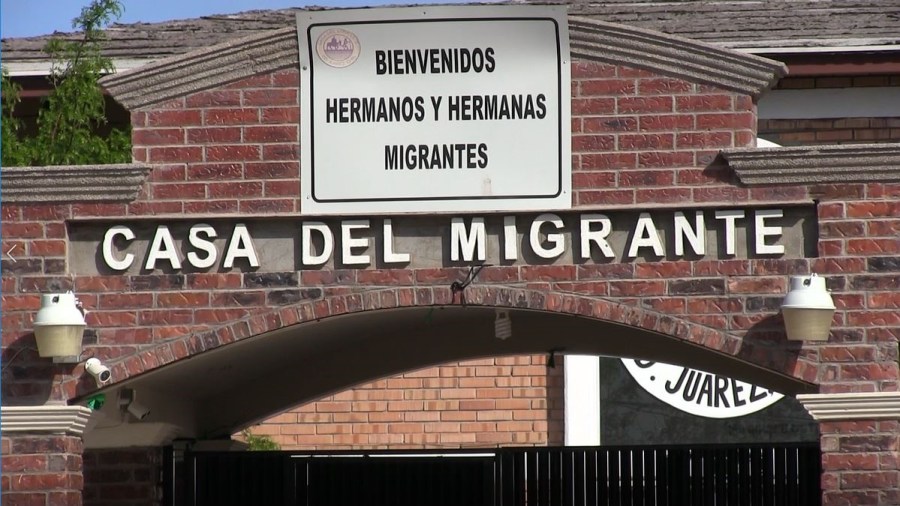JUAREZ, Mexico (Border Report) — Mexican authorities are scrambling to deal with a new challenge: how to accommodate hundreds of Brazilians sent to Juarez by U.S. Customs and Border Protection (CBP).
Local officials on Wednesday estimated that between 200 and 400 Brazilians were waiting here for a resolution to asylum claims filed in the United States. The U.S. Department of Homeland Security in late January expanded the Migrant Protection Protocols (MPP) program to include Brazilians. CBP has started returning them to Mexico, but Juarez officials said they have lost track of many of them.
“A couple of dozen are in the usual places, but very few have accepted (invitations) to the shelters,” said Mario Dena, the ranking Chihuahua state officer in Juarez, referring to church-run temporary migrant refuges like Casa del Migrante.

The concern here and among migrant advocates in neighboring El Paso, Texas, is making sure they have the resources to fend for themselves during the months in between asylum hearings and whether the Portuguese-speaking Brazilians can comunicate with Spanish-speaking authorities in Juarez in case of an emergency or a public safety issue.
“This represents a new challenge for us because we are going to need interpreters and translators,” said Enrique Valenzuela, director of the Chihuahua Population Council, which runs the Migrant Assistance Center next to the Paso del Norte Bridge. “It’s not just about speaking to them when they are sent to us (by CBP), but also to communicate important information about shelters they can go to and to make sure their basic needs are met while they are here.”
The government-run Migrant Assistance Center can’t help the Brazilians or other foreigners with asylum applications, but it has facilitated interaction between them and El Paso legal advocates. The language barrier, again, is a concern regarding Brazilians.
So is getting them temporary employment. The Mexican government has issued temporary work permits to more than 100 Cubans and Central Americans who opted to stay in Juarez when their asylum petitions hit roadblocks.
“It would be difficult to integrate them to productive activity,” said Dena, the other official, referring to the Portuguese speakers.
The U.S. Border Patrol says many more Brazilians are coming to the border now than before.
“Currently the nationality we are seeing the most is Brazialian. The Central American numbers are still there, but primarilly we are seeing Brazilian and Mexican nationalities,” said Border Patrol Acting Supervisory Agent Mario Escalante.
Dylan Corbett, director of the Hope Border Institute in El Paso, said sending the Brazilians to Juarez “is a recipe for disaster.”
“Not being Spanish-speakers, they’re going to be more vulnerable to crime and exploitation by the criminal element,” he said. “The (MPP) program itself represents a violation of our historic commitment to asylum and is part of the Trump administration’s effort to end asylum as we know it.”
As of last week, CBP had sent 19,861 migrants to Juarez under the MPP program, most of them Cuban and Central American. Mexican officials didn’t have an exact count of Brazilians yet because they only started to be sent back to Mexico a few days ago.
Border Report on Wednesday tried to interview Brazilian families staying at Casa Migrante, but was told to submit a request in writing for consideration by management.
Visit the BorderReport.com homepage for the latest exclusive stories and breaking news about issues along the United States-Mexico border.

















